Whitman speaks out about going public with Autonomy concerns
In an interview with the LA Times, HP chief tells all about Autonomy and PSG.
HP chief Meg Whitman claims the firm had no choice but to go public with its misgivings about the financial goings on at Autonomy.
The hardware giant has been embroiled in a war of words with Autonomy's former management team since making allegations about "serious accounting improprieties" at the firm.
These alleged financial irregularities have been cited by HP as the reason why it was forced to swallow a $5 billion write-down during its final quarter of last year. I'm not sure we would have figured out the accounting improprieties had we not had a guide on that journey. In a recent interview with the LA Times, Whitman shed some light on the events leading up to HP going public with its allegations.
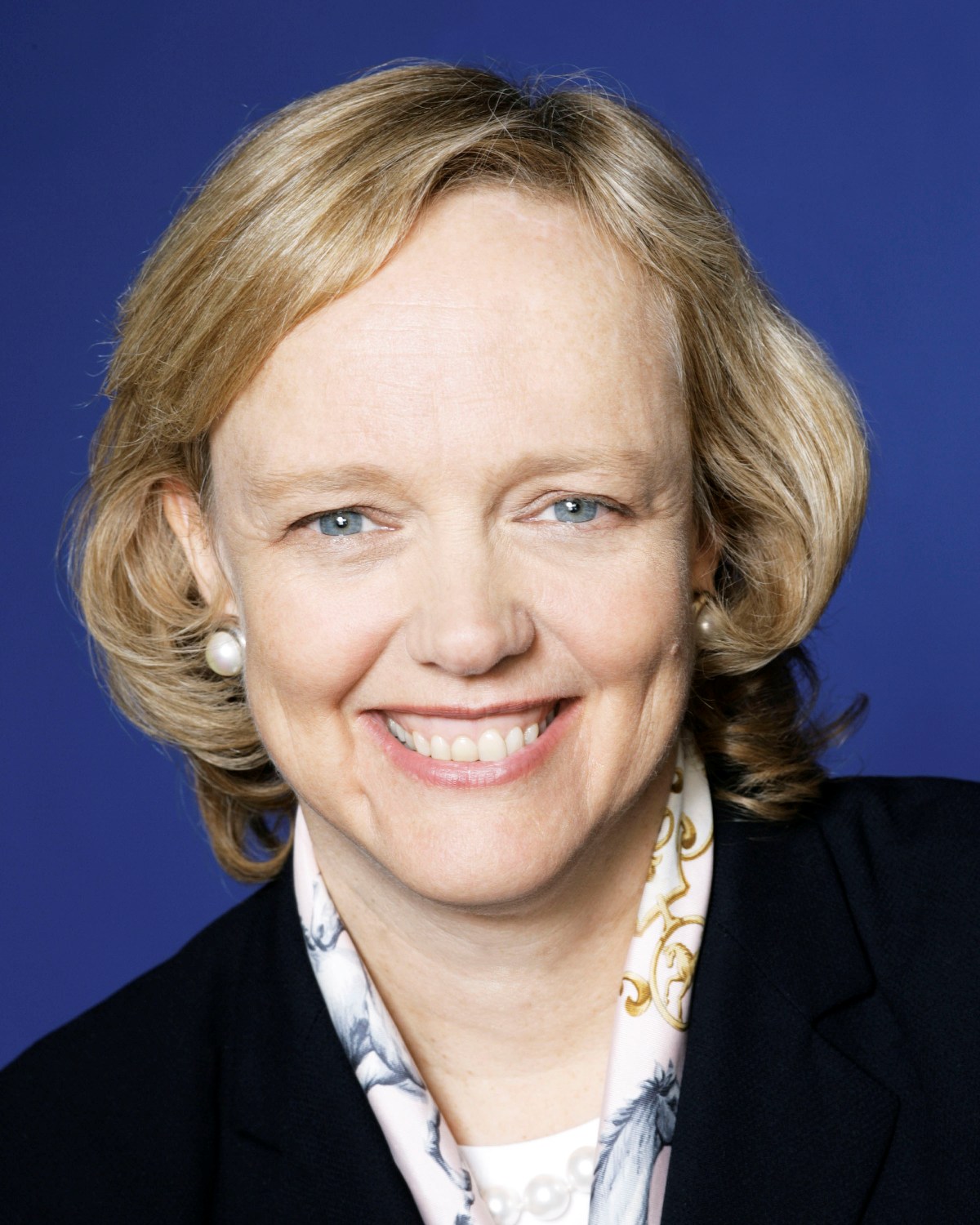
"I'm not sure we would have been able to figure out the accounting improprieties had we not had a guide on that journey...because it was pretty sophisticated."
In the interview she said the size of the write-down meant HP had no choice but to talk about what was going on.
"The magnitude of the write-down we took, the seriousness around the accounting improprieties [and] disclosure failures were significant enough that there was nothing else to do except to say, Hey, here's what we know,'" explained Whitman.
The reason why Lynch decided to up sticks and leave the firm before all this was known was because of its financial performance, she suggested.
Sign up today and you will receive a free copy of our Future Focus 2025 report - the leading guidance on AI, cybersecurity and other IT challenges as per 700+ senior executives
"I think their Q1 results weren't great, but they were okay. And, of course, the Q2 results were not up to expectations or up to their plan. And that was really the catalyst for Mike leaving the company," she said.
During the interview she also talked about how the company eventually decided to keep hold of its personal computer arm, PSG, after it emerged in the summer of 2011 that HP was considering selling it.
"I assembled a team of about 100 individuals, and I split the team into two. And I said there's a team that's going to argue the case to keep the business, and there will be a team that will argue to not keep the business.
"[Later on] there was a presentation by both sides...I actually had people who might have had a self interest in one outcome [and] made them work on the other side.
"And then at the end of that day where we pulled all of the analysis together, it was obvious to me that the right thing to do was to keep PSG," Whitman added.
-
 Trump's AI executive order could leave US in a 'regulatory vacuum'
Trump's AI executive order could leave US in a 'regulatory vacuum'News Citing a "patchwork of 50 different regulatory regimes" and "ideological bias", President Trump wants rules to be set at a federal level
-
 TPUs: Google's home advantage
TPUs: Google's home advantageITPro Podcast How does TPU v7 stack up against Nvidia's latest chips – and can Google scale AI using only its own supply?
-
 CyberCX appoints Phil Mason as new UK CEO
CyberCX appoints Phil Mason as new UK CEONews Industry veteran will lead CyberCX’s growth efforts in the UK
-
 IDC: The business value of IBM Maximo
IDC: The business value of IBM MaximoWhitepaper Integral to the transformation of asset management
-
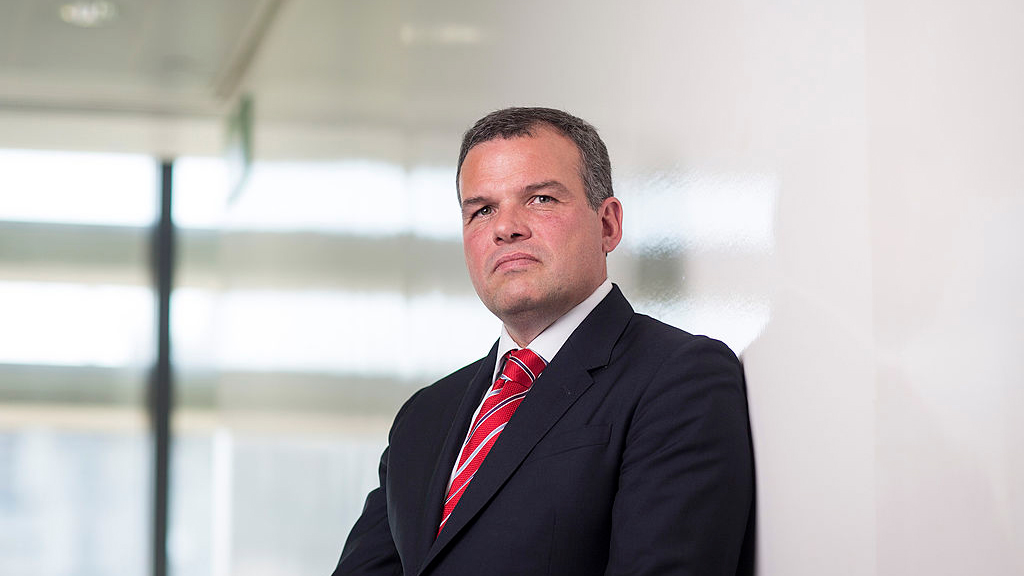 WANdisco's CEO and CFO resign amid ongoing fraud investigations
WANdisco's CEO and CFO resign amid ongoing fraud investigationsNews The data firm is left with a heavily depleted leadership team with only one executive director remaining
-
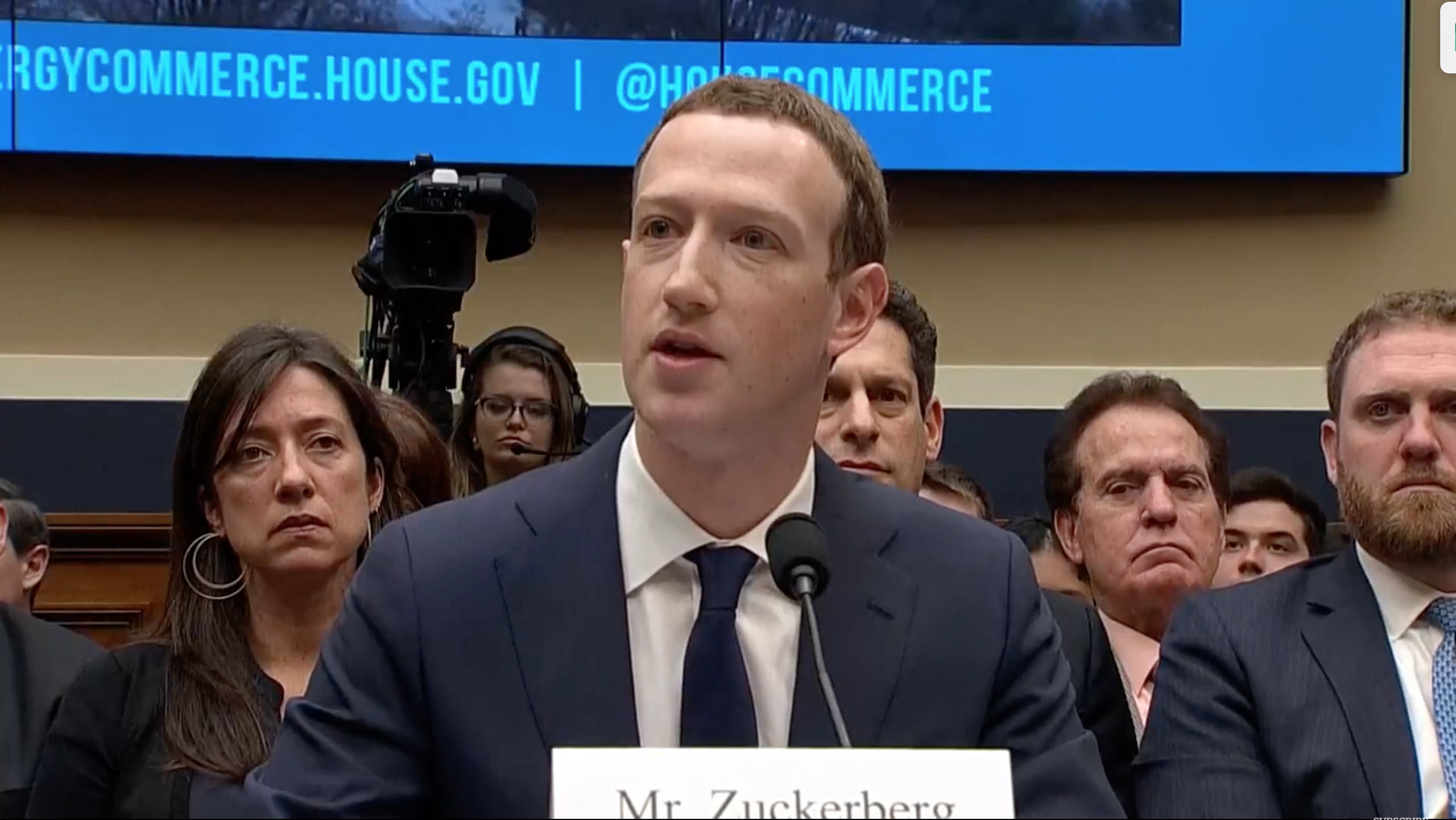 Stop worshipping CEOs – tech is a team sport
Stop worshipping CEOs – tech is a team sportOpinion Tech leaders are showing themselves for who they are, and it shouldn’t come as a surprise
-
 Checkmarx appoints Sandeep Johri as its new CEO
Checkmarx appoints Sandeep Johri as its new CEONews Experienced Silicon Valley executive will lead the applications security provider into its next phase of growth
-
 Trustmarque hires NTT Data’s UK lead as its new CEO
Trustmarque hires NTT Data’s UK lead as its new CEONews Simon Williams will lead the IT solutions and services provider into its next phase of growth
-
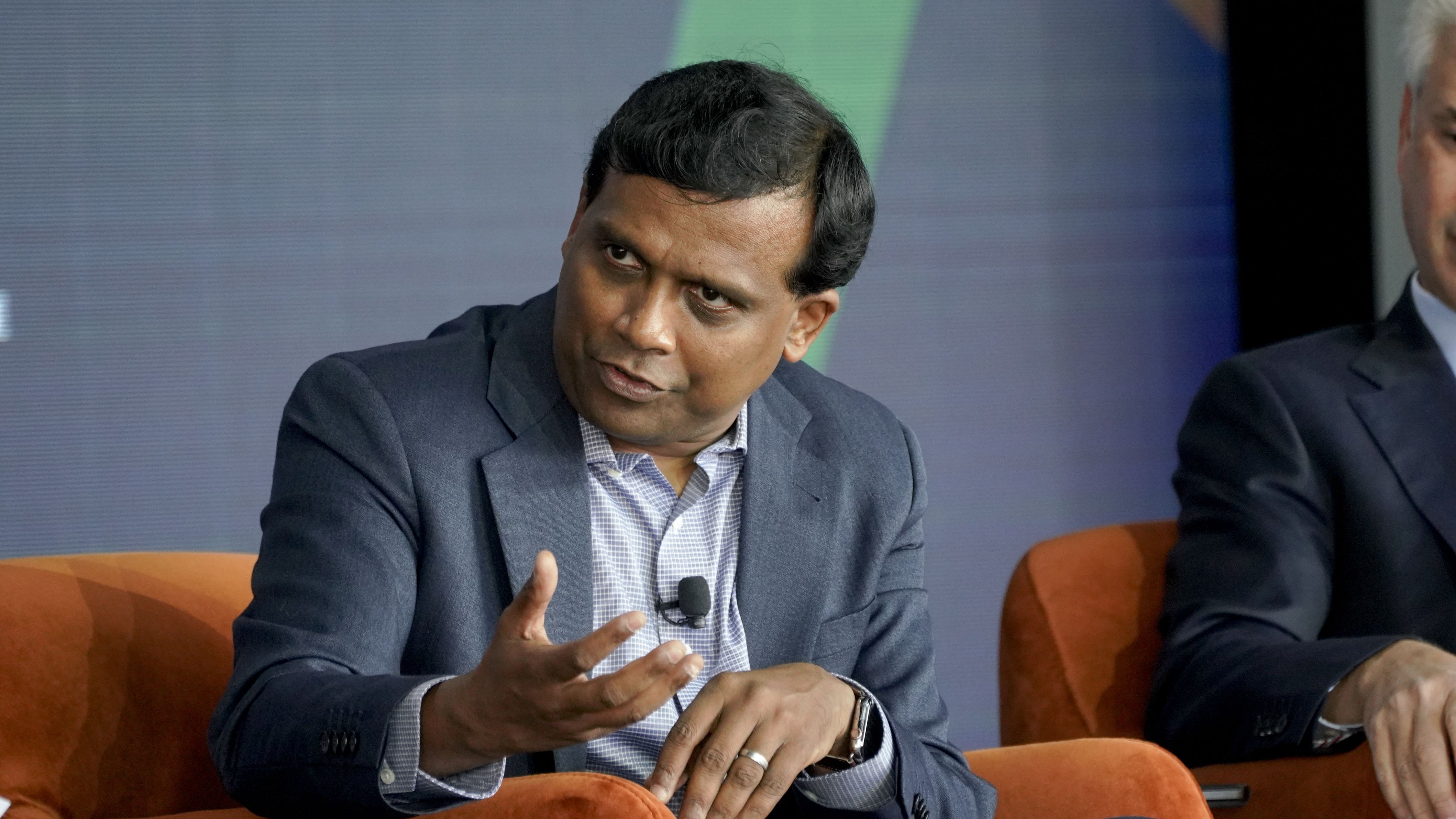 Cognizant appoints former Infosys president Ravi Kumar as CEO
Cognizant appoints former Infosys president Ravi Kumar as CEONews The executive brings more than 20 years of experience in the consulting, process, and technology transformation space
-
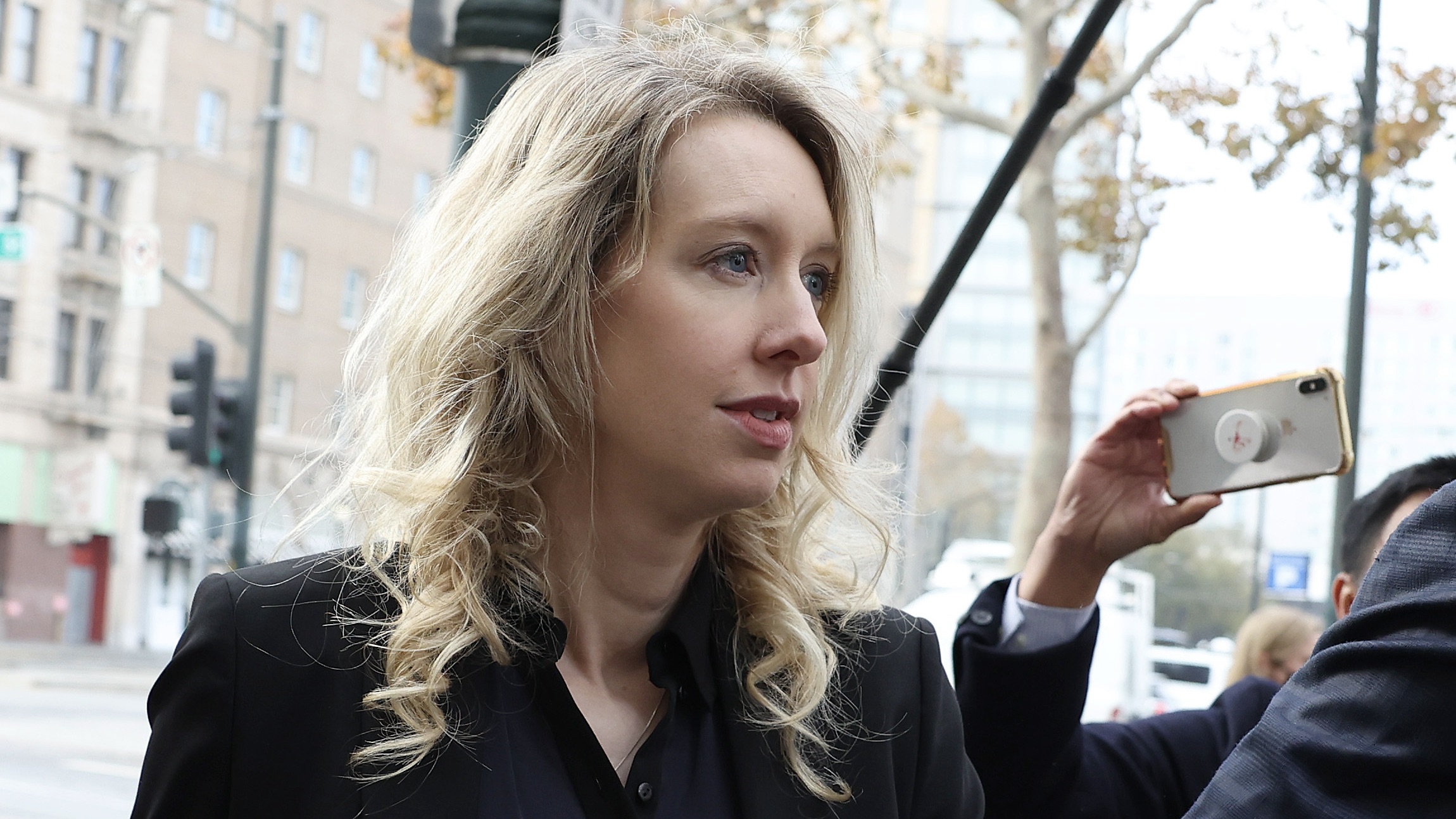 What tech investors can learn from three under-fire CEOs
What tech investors can learn from three under-fire CEOsAnalysis With clear lessons to learn from the high-profile cases of Autonomy, Theranos, and Wirecard, investors should tread carefully in future